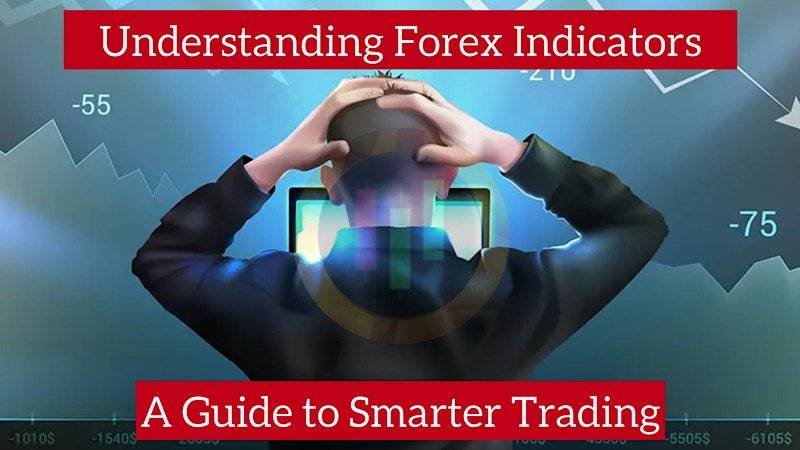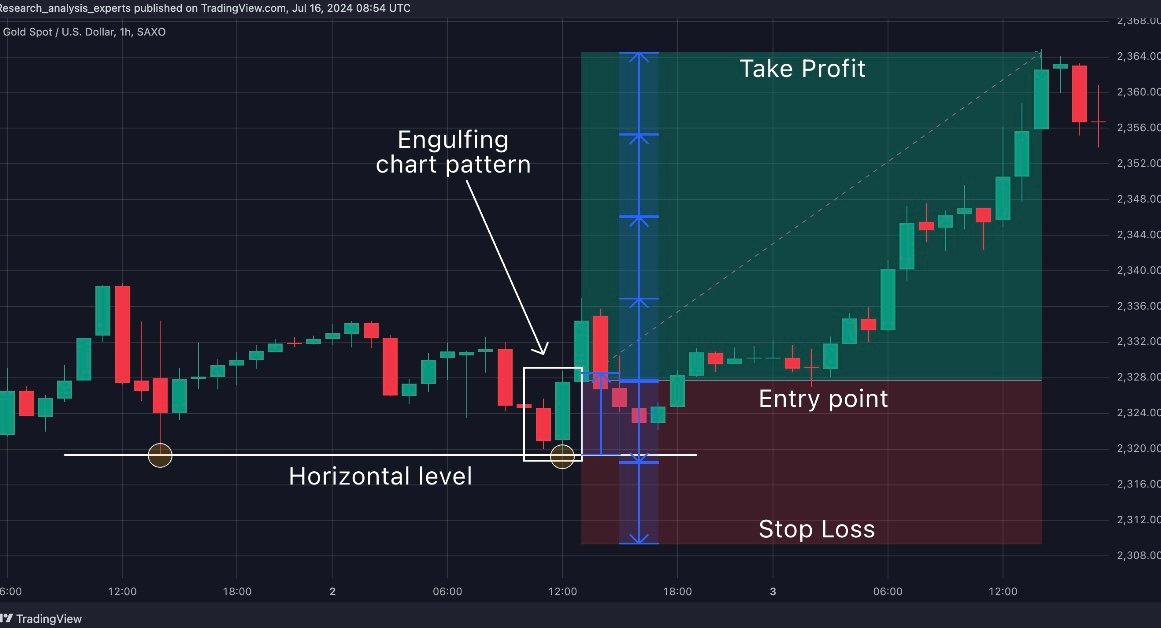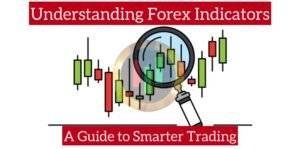Forex mistakes are so common in trading. Many traders, especially beginners, fall into common traps that can lead to significant losses. By learning from these mistakes, you can build a more disciplined and successful trading approach.
In this blog, we’ll explore the top forex mistakes to avoid and how to stay on the path to consistent profitability.
1. Trading Without a Plan
A trading plan is your roadmap to success. Without one, you’re essentially gambling.
What’s a Trading Plan?
It outlines your goals, risk tolerance, strategy, and rules for entering and exiting trades. A well-crafted plan helps you stay disciplined and reduces emotional decision-making.
How to Avoid This Mistake:
- Define your objectives (e.g., daily profit targets, maximum losses).
- Specify your entry, exit, and risk management rules.
- Regularly review and adjust your plan based on performance.
2. Overleveraging
Leverage is a double-edged sword. While it amplifies profits, it also magnifies losses. Many traders overleverage their accounts, risking more than they can afford to lose.
Example:
output:
If you use 100:1 leverage on a $1,000 account, a 1% adverse move could wipe out your account.
How to Avoid This Mistake:
- Use leverage conservatively (e.g., 10:1 or lower).
- Never risk more than 1-2% of your account on a single trade.
- Understand the relationship between lot size, leverage, and margin.
Discover Giant Hunter AI
3. Ignoring Risk Management
Many traders focus only on potential profits and overlook the importance of managing risks. Even a winning strategy can lead to losses without proper risk controls.
Key Risk Management Principles:
- Use stop-loss orders to limit potential losses.
- Diversify your trades to reduce exposure.
- Keep your risk-reward ratio favorable (e.g., 1:2 or higher).
4. Chasing the Market
Reacting impulsively to price movements often leads to poor decisions. Traders who chase the market end up entering at unfavorable levels and face increased risks.
How to Avoid This Mistake:
- Stick to your trading plan and avoid emotional reactions.
- Use limit orders to set your entry points based on analysis.
- Focus on trading setups with high probabilities.
5. Overtrading
Overtrading occurs when traders open too many positions, often out of boredom, greed, or revenge after a loss. This can quickly drain your account due to overexposure and increased transaction costs.
How to Avoid This Mistake:
- Set a daily or weekly trading limit.
- Focus on quality over quantity.
- Take breaks to avoid emotional trading.
6. Ignoring Market News
Forex markets are heavily influenced by economic news, central bank policies, and geopolitical events. Trading without awareness of these factors can lead to unexpected losses.
How to Avoid This Mistake:
- Stay updated on economic calendars and major news releases.
- Avoid trading during high-volatility events unless you’re experienced.
- Incorporate fundamental analysis into your strategy.
7. Failing to Backtest Strategies
Many traders jump into live trading without testing their strategies on historical data. This often leads to poor results and a lack of confidence in the strategy.
How to Avoid This Mistake:
- Use backing software to test your strategy.
- Analyze its performance over different market conditions.
- Make adjustments based on the results before using it in live markets.
8. Letting Emotions Drive Decisions
Fear, greed, and impatience are enemies of successful trading. Emotional decisions often lead to entering or exiting trades at the wrong time.
How to Avoid This Mistake:
- Stick to your trading plan, no matter what.
- Use automation tools like stop-loss and take-profit orders.
- Practice mindfulness and stress management techniques.
9. Unrealistic Expectations
Many traders enter the forex market expecting to get rich quickly. This mindset often leads to reckless trading and burnout.
How to Avoid This Mistake:
- Set realistic, incremental goals.
- Focus on long-term growth rather than quick profits.
- Remember that successful trading requires time, effort, and discipline.
10. Neglecting Education
Forex trading is a skill that requires continuous learning. Traders who neglect education often fail to adapt to changing market conditions.
How to Avoid This Mistake:
- Enroll in courses and read trading books.
- Practice on demo accounts to refine your skills.
- Learn from your mistakes and keep improving.
Conclusion
Avoiding these common forex trading mistakes can significantly improve your chances of success. Remember, forex trading is not about avoiding losses altogether—it’s about managing risks and staying disciplined.
At Giant Pips Forex Academy, we’re dedicated to helping traders like you succeed. Explore our free courses, trading insights, and blogs to enhance your knowledge and skills.
Let’s trade smarter, not harder!






